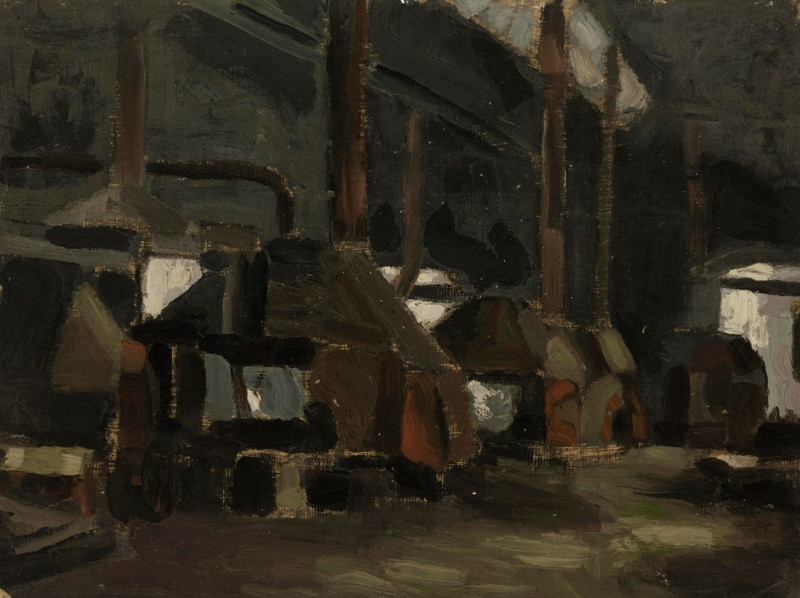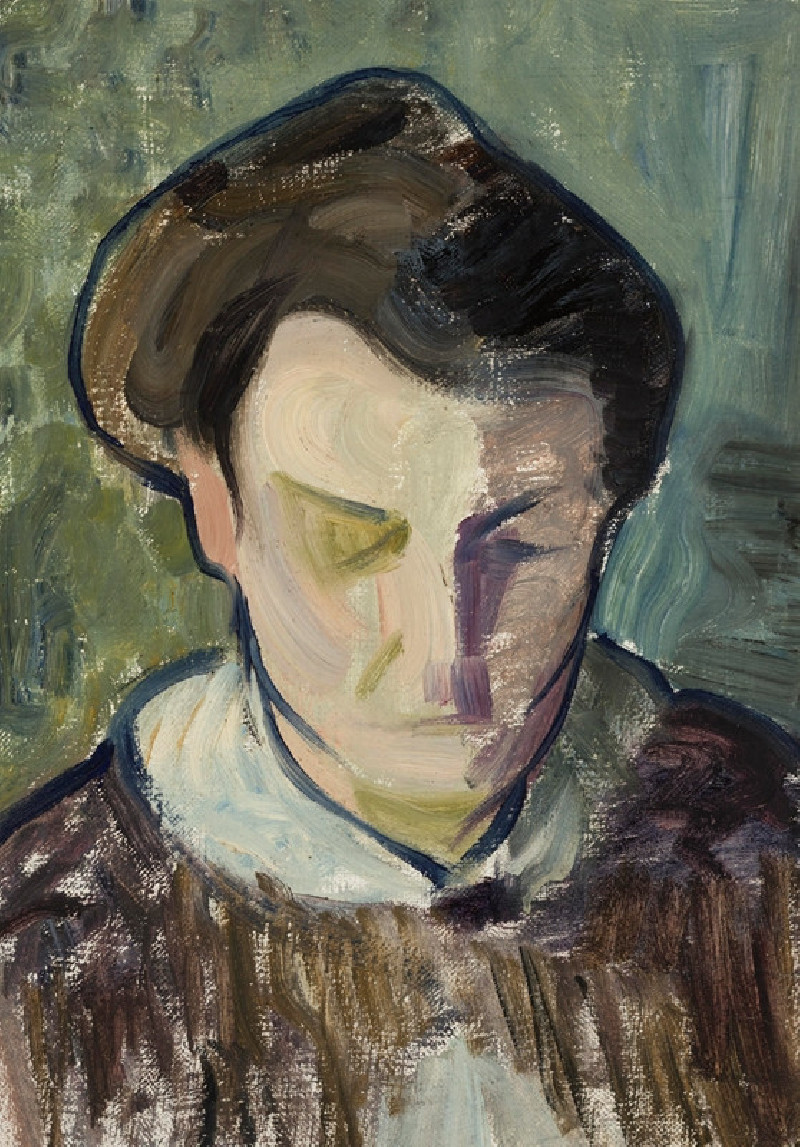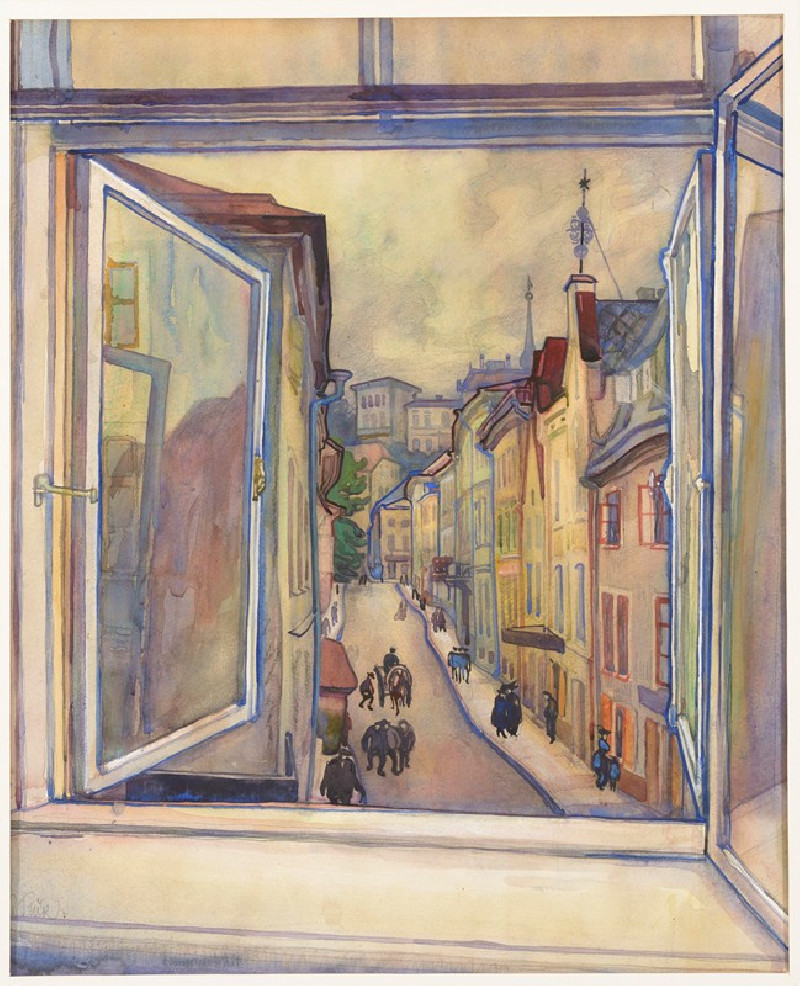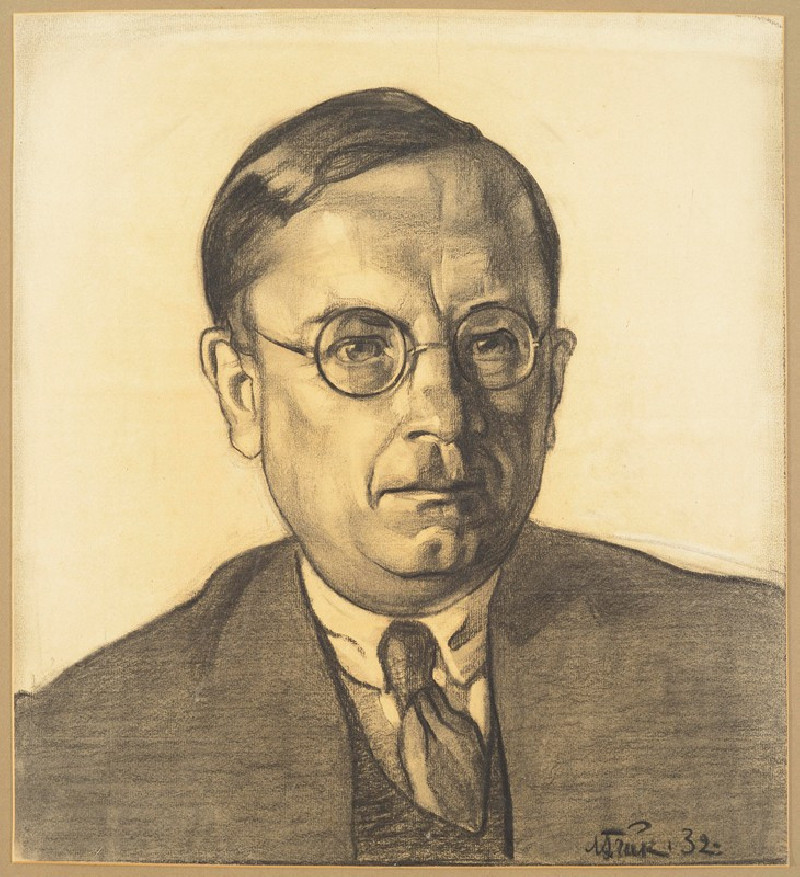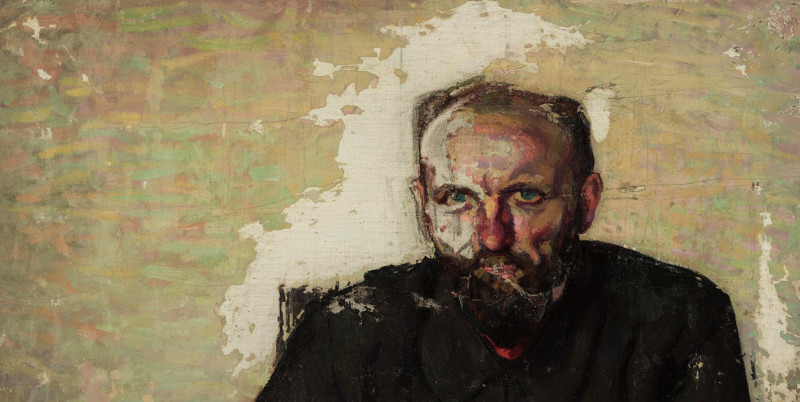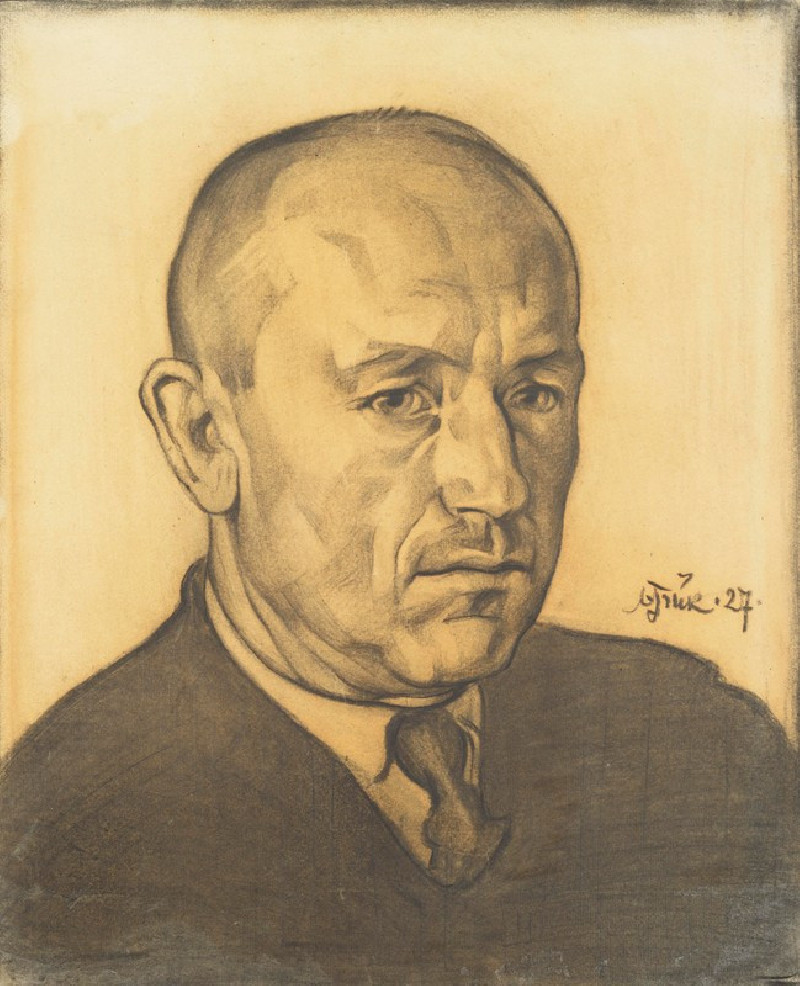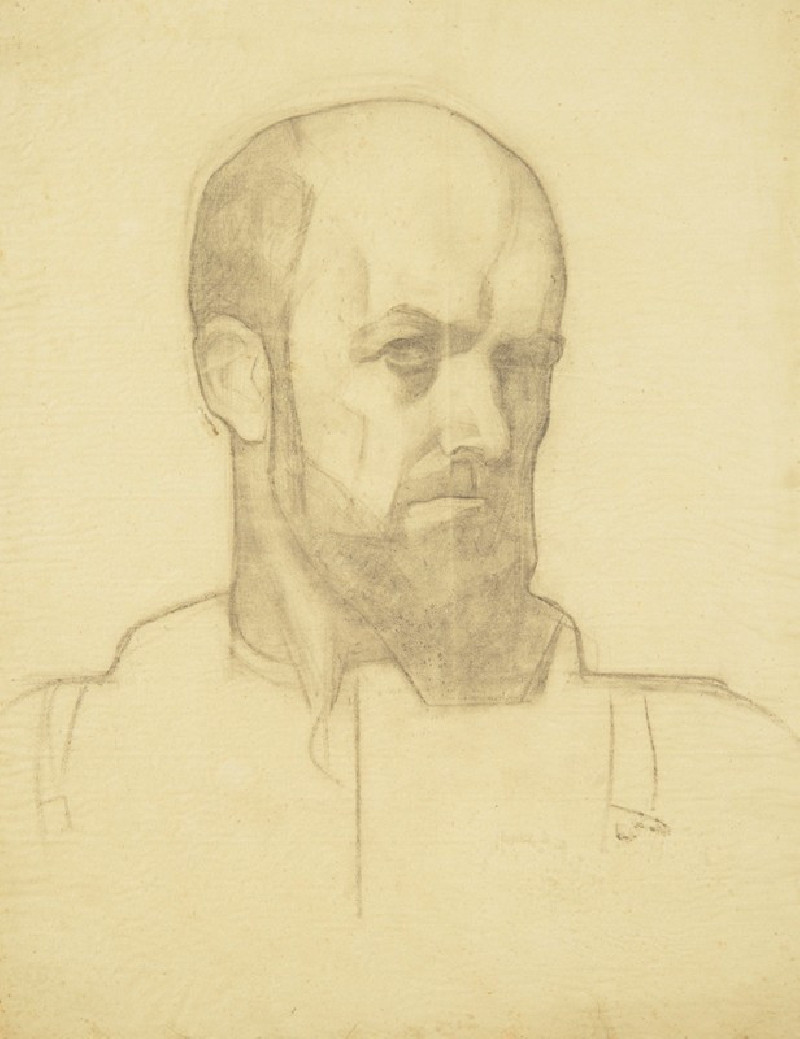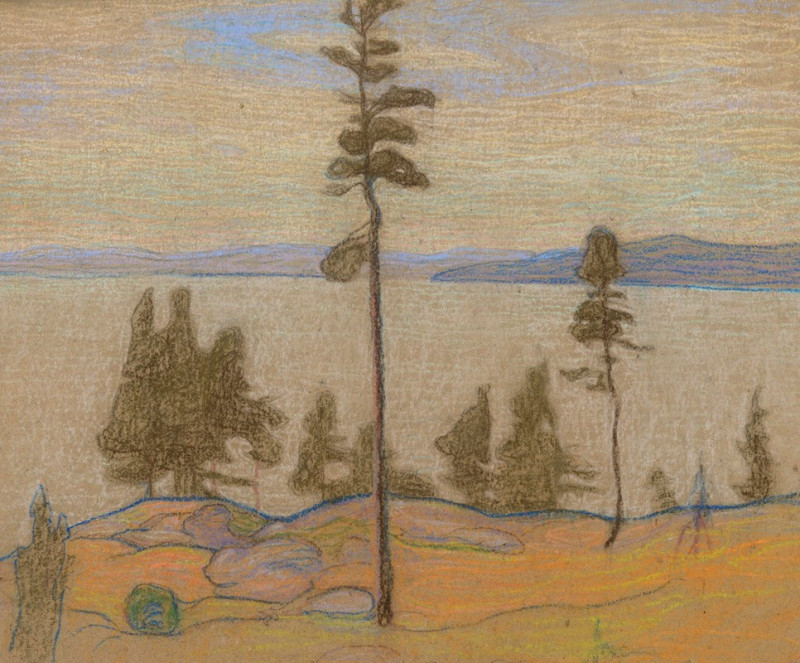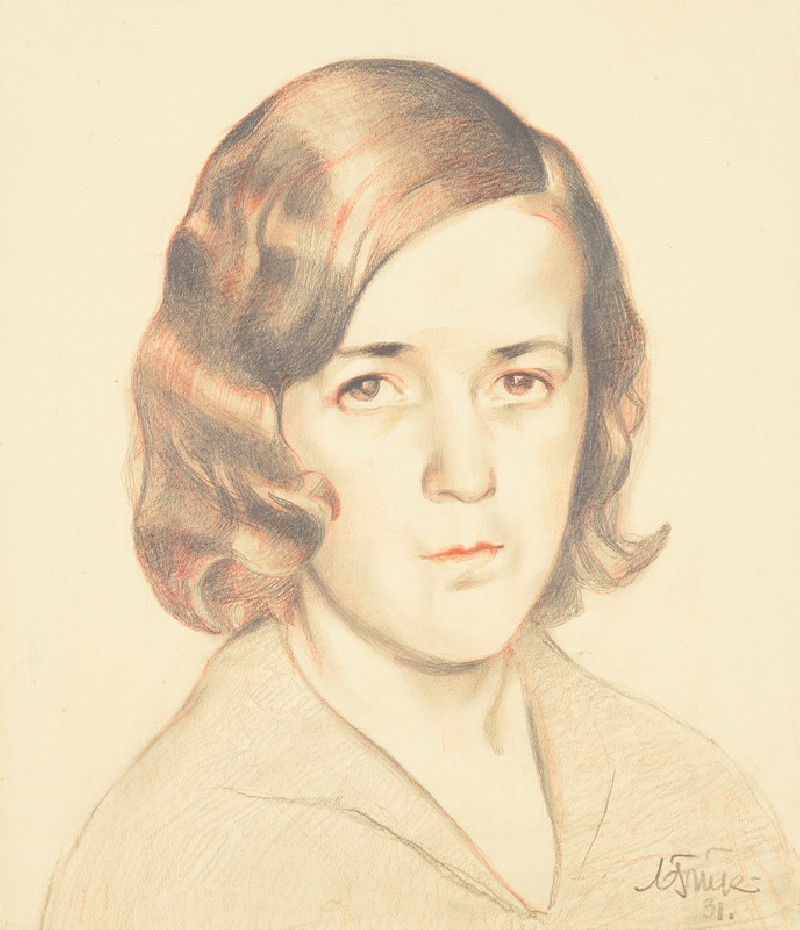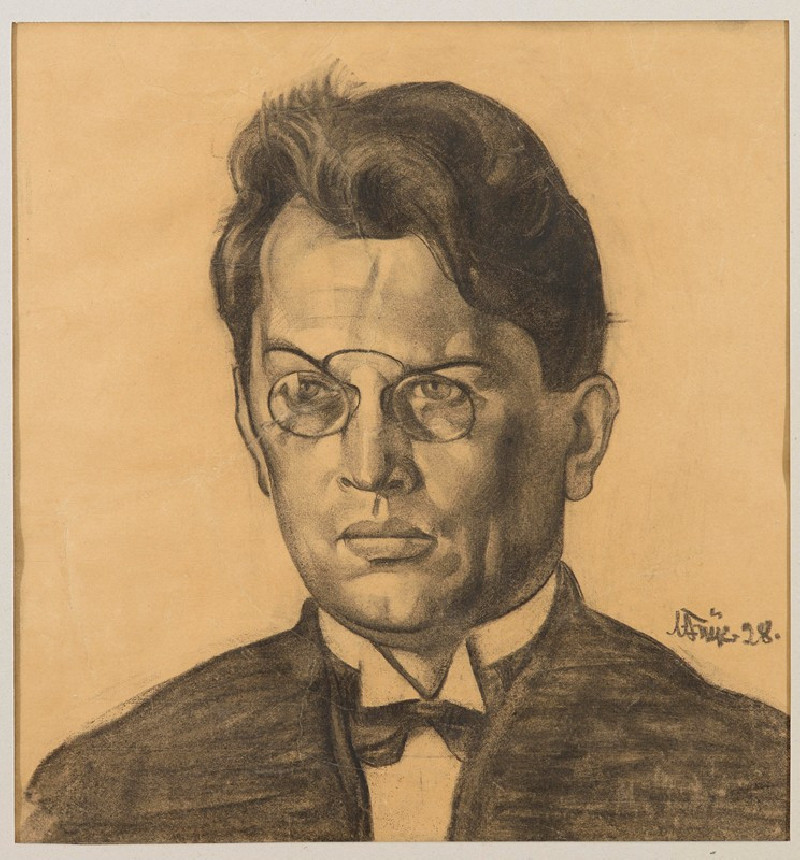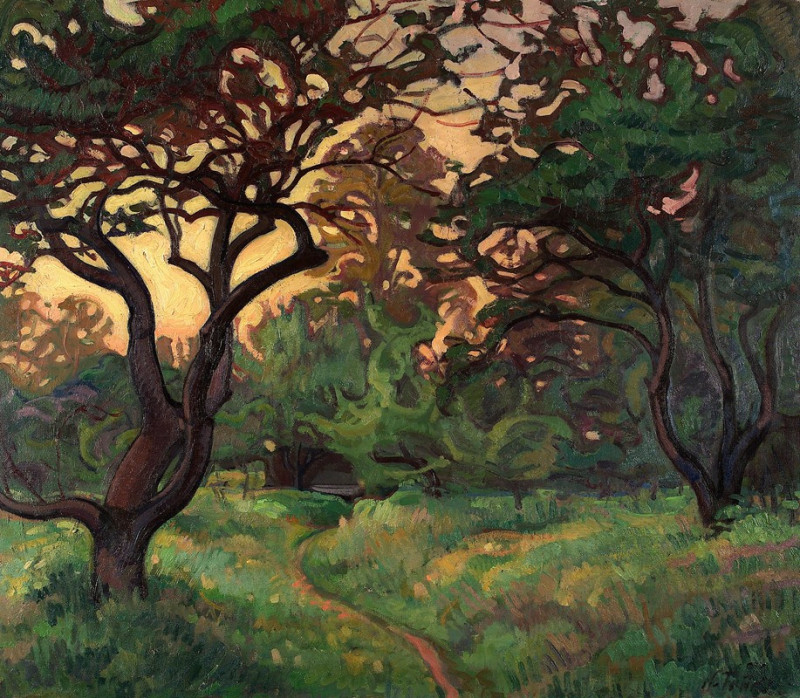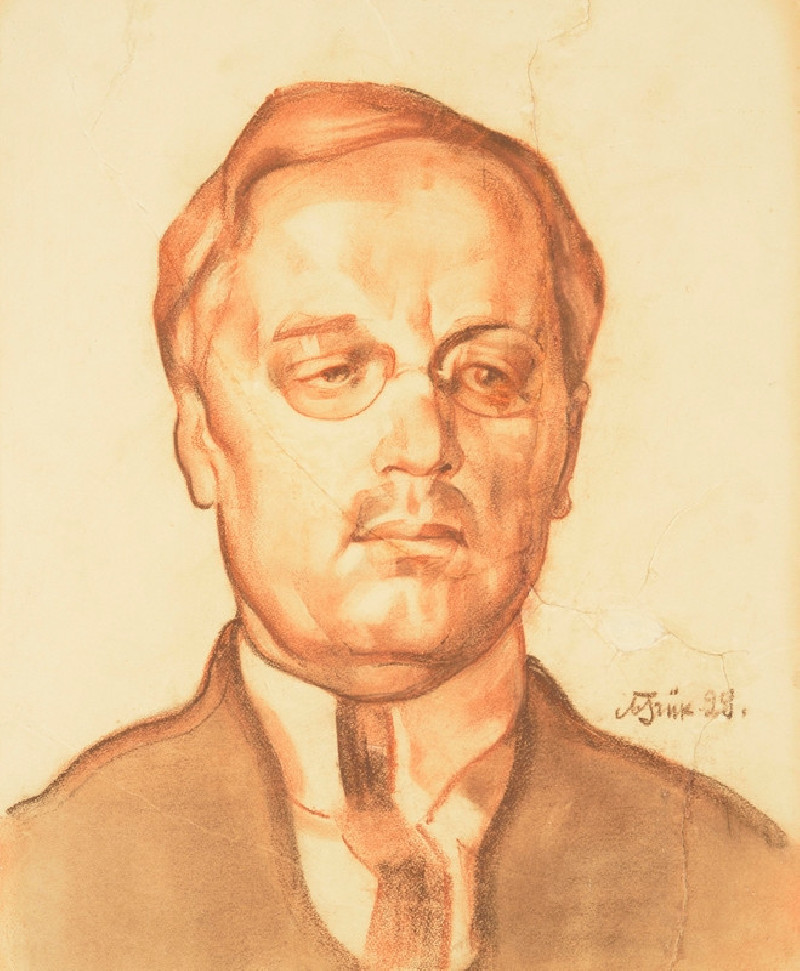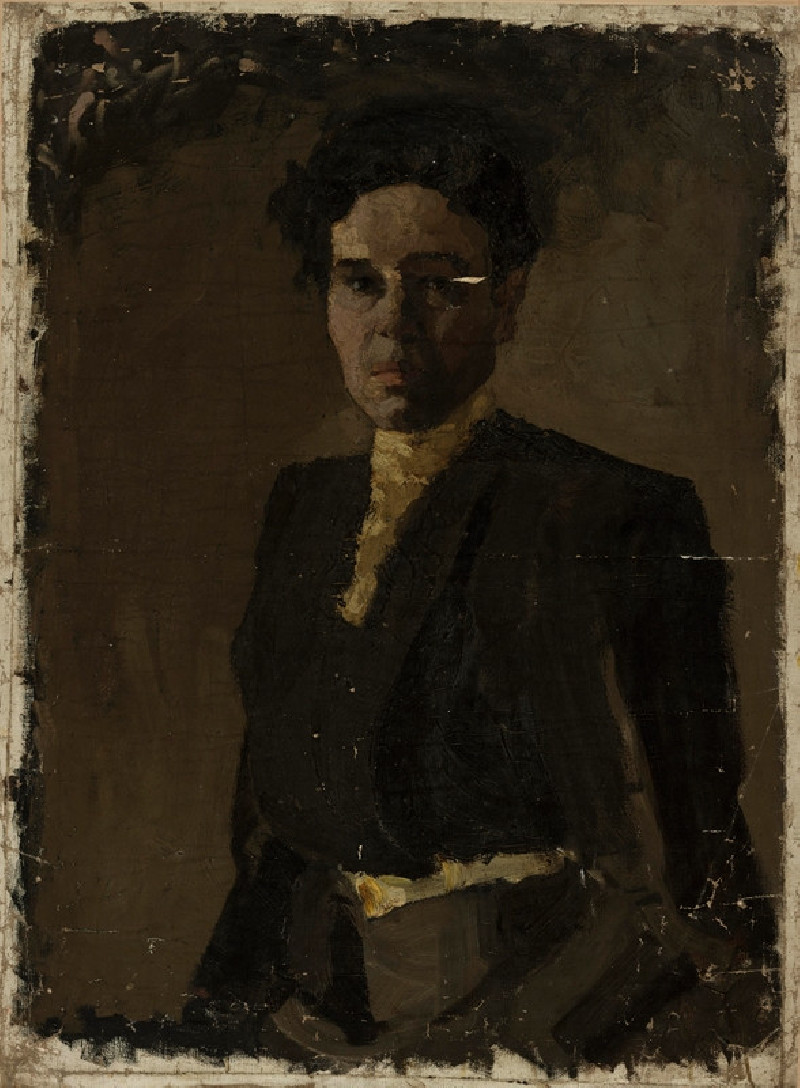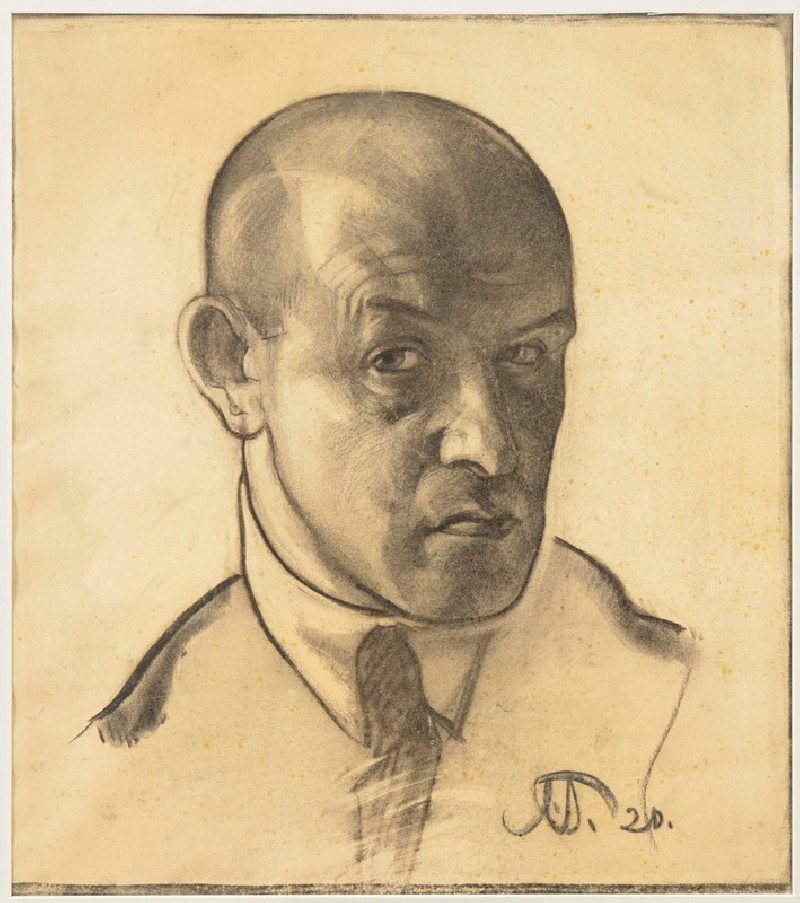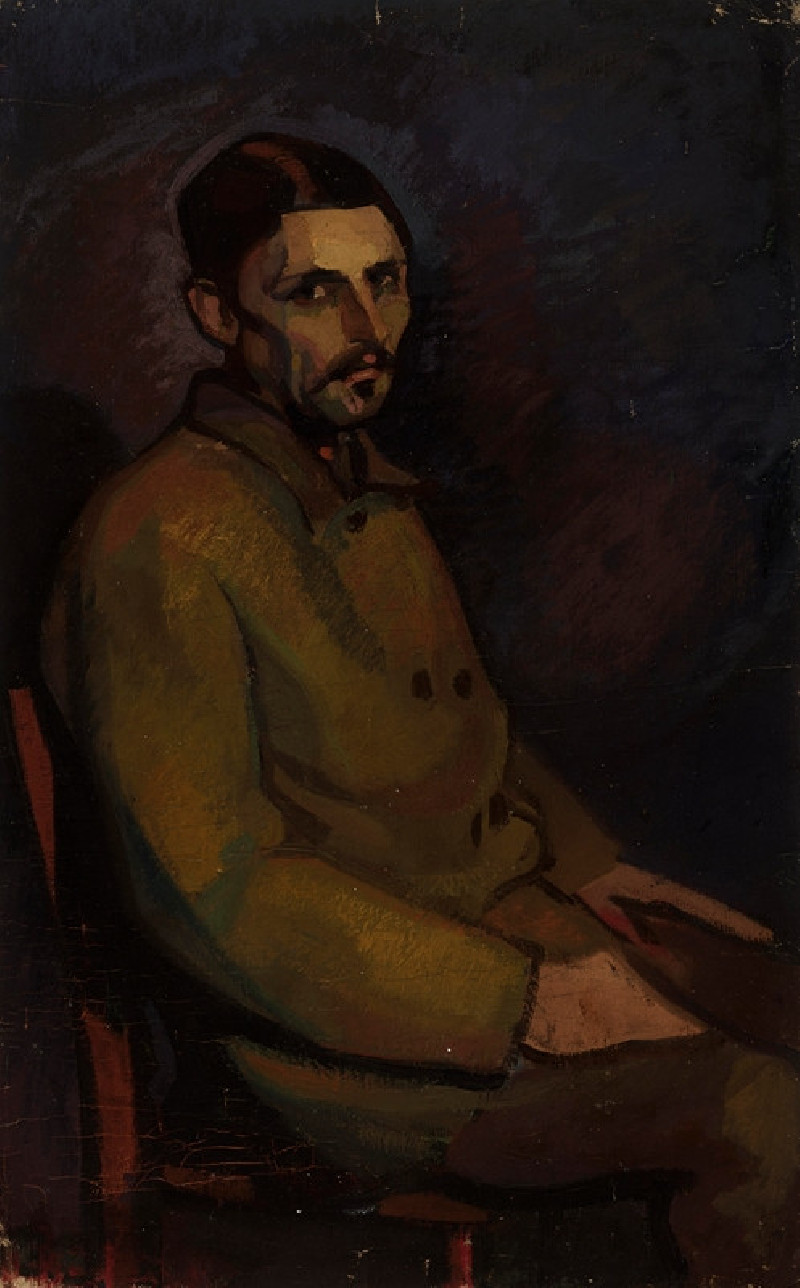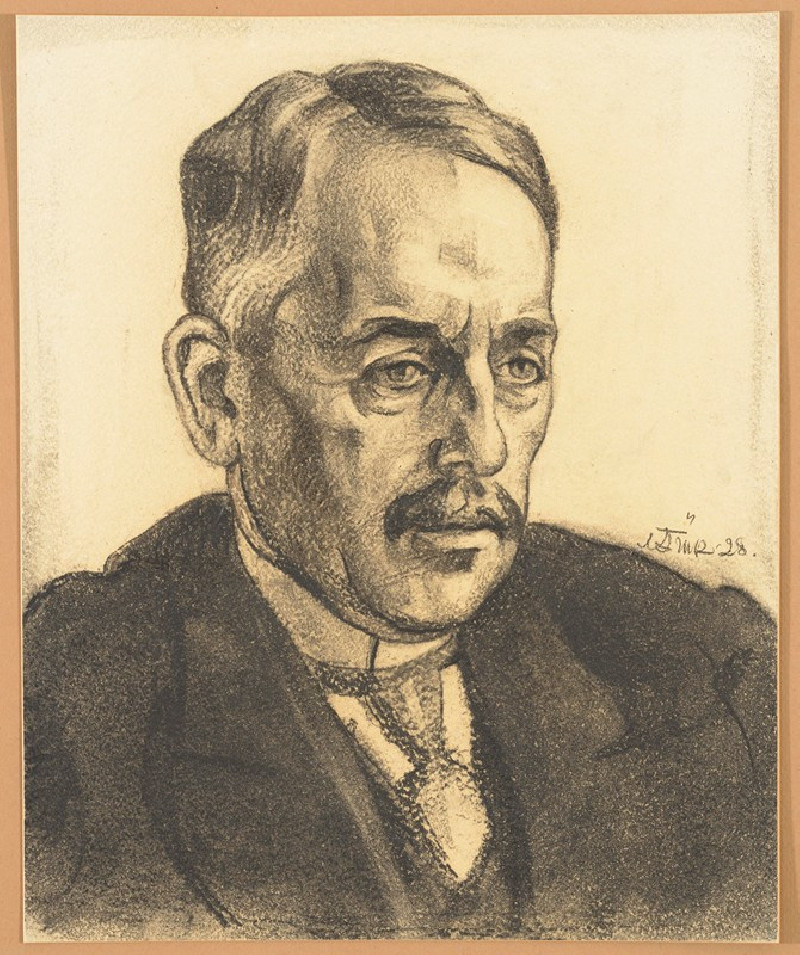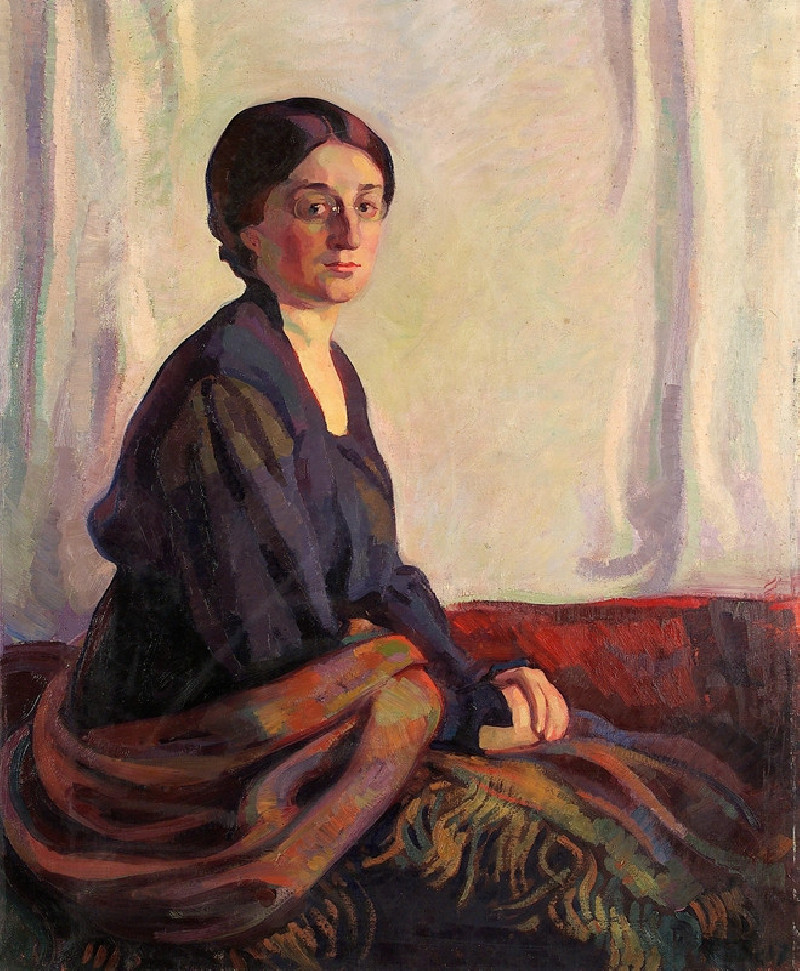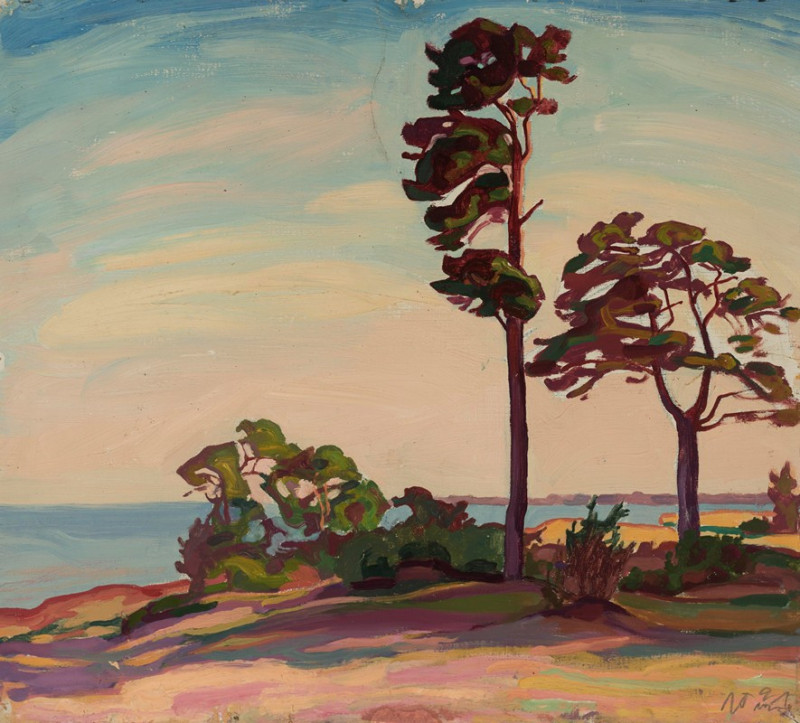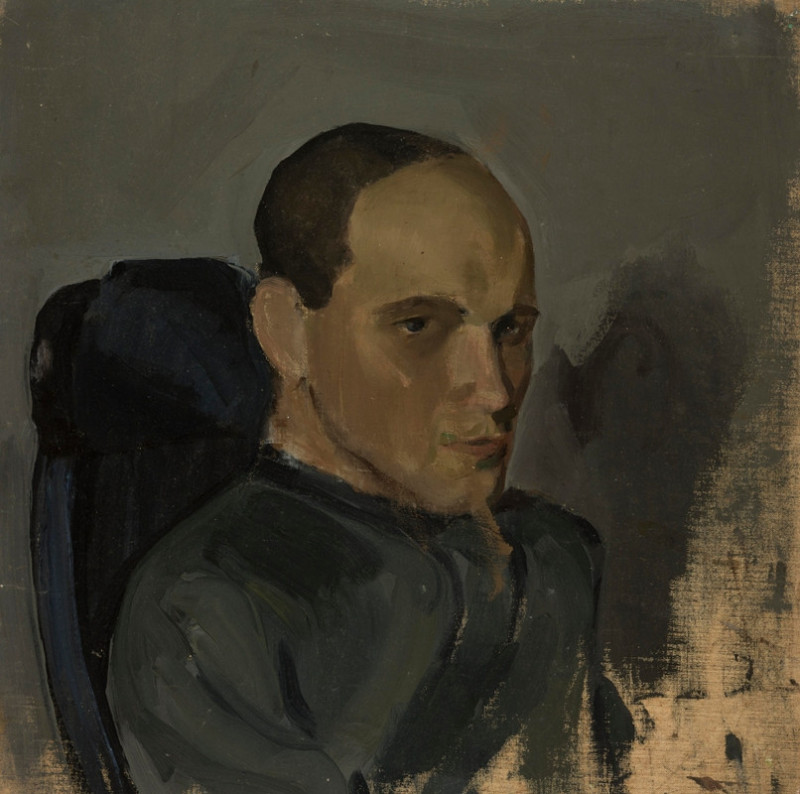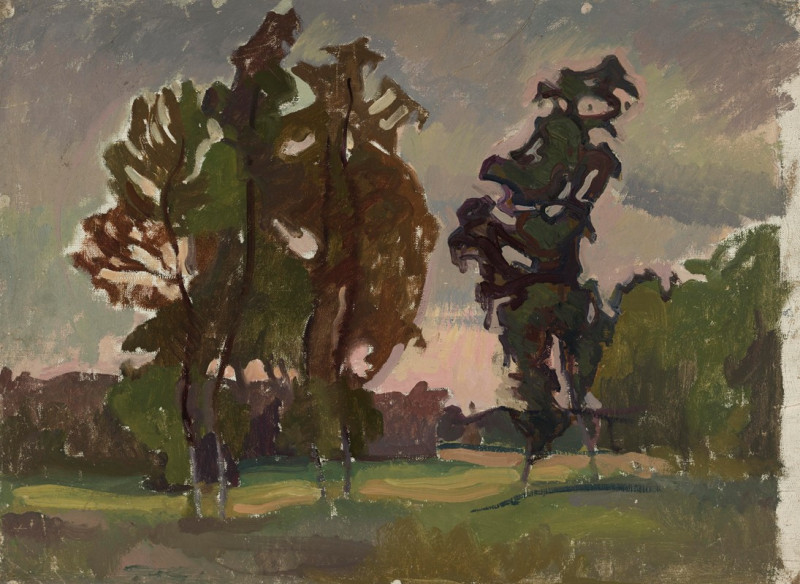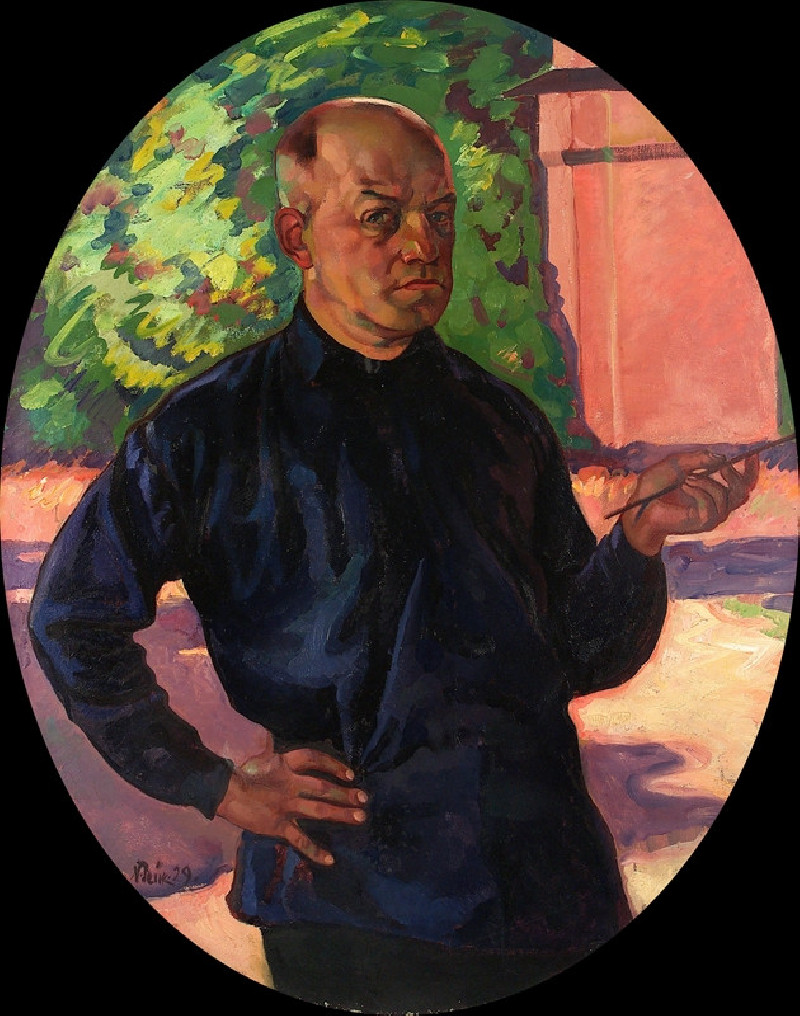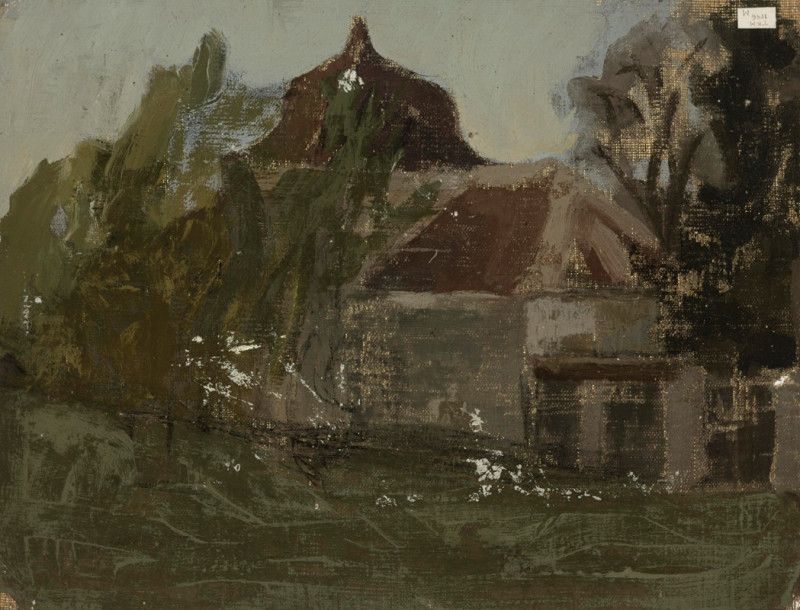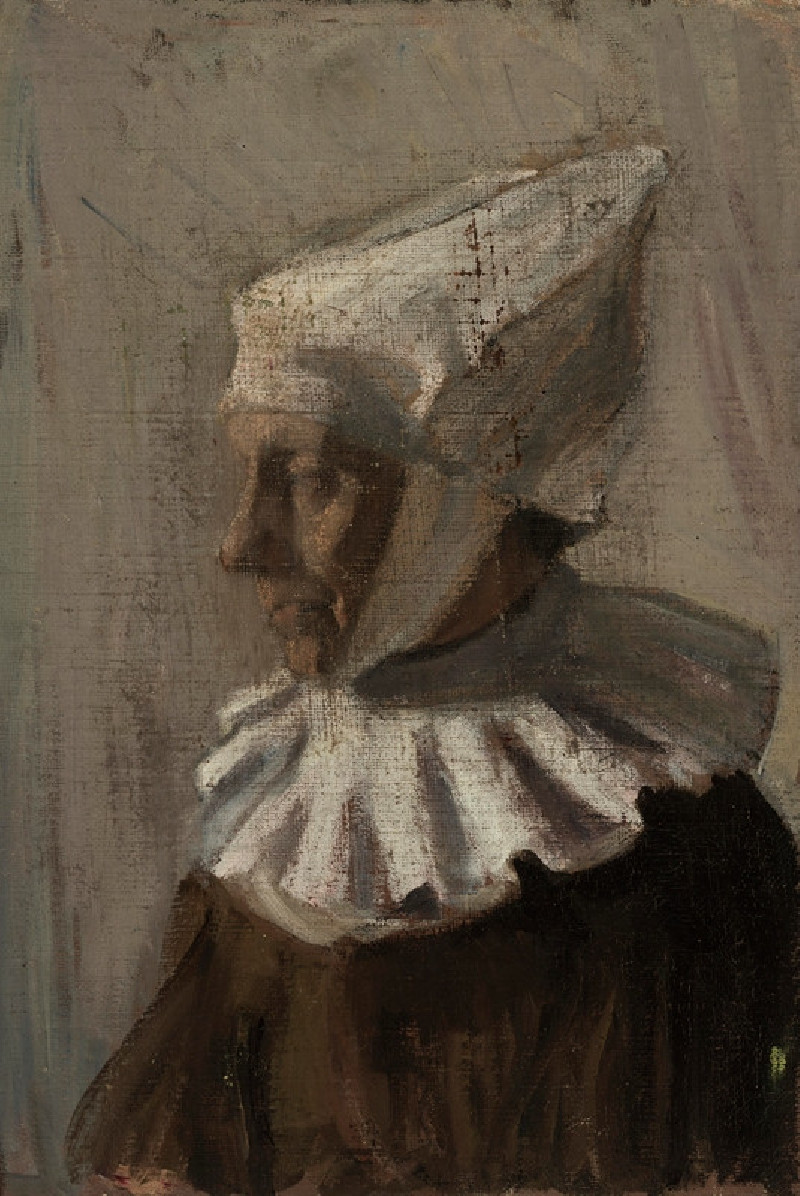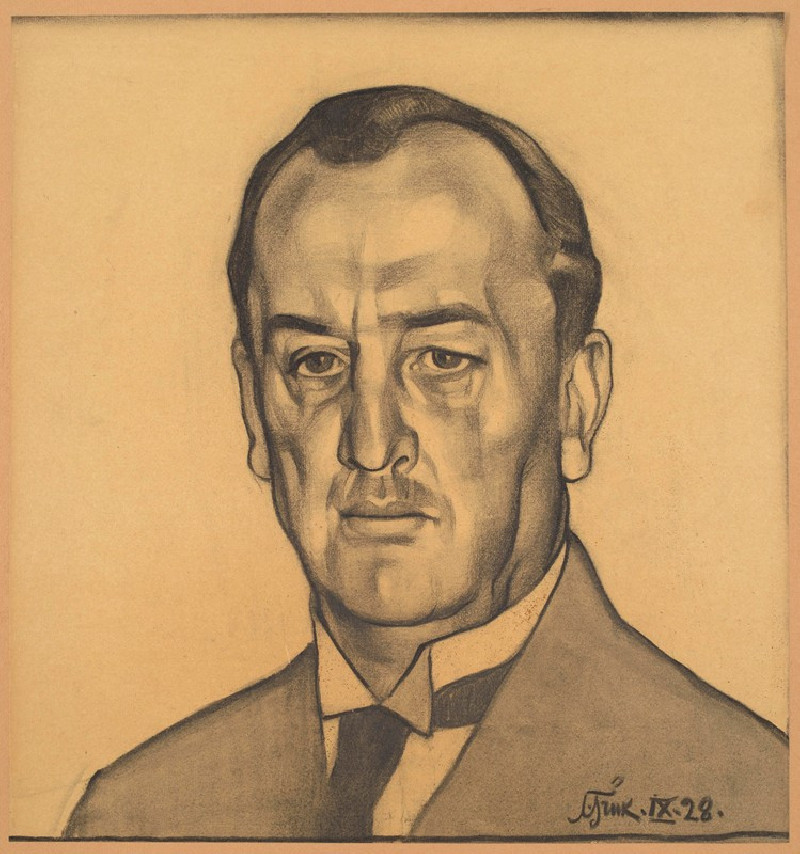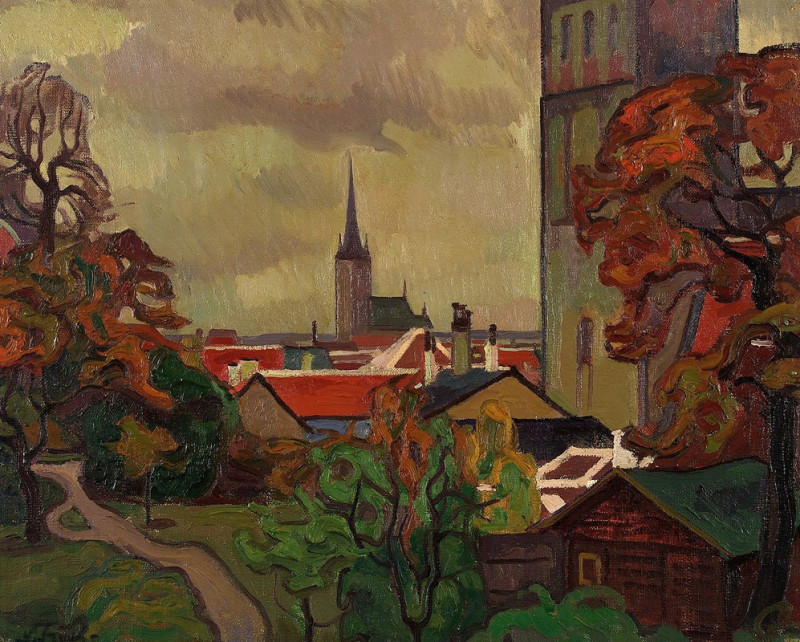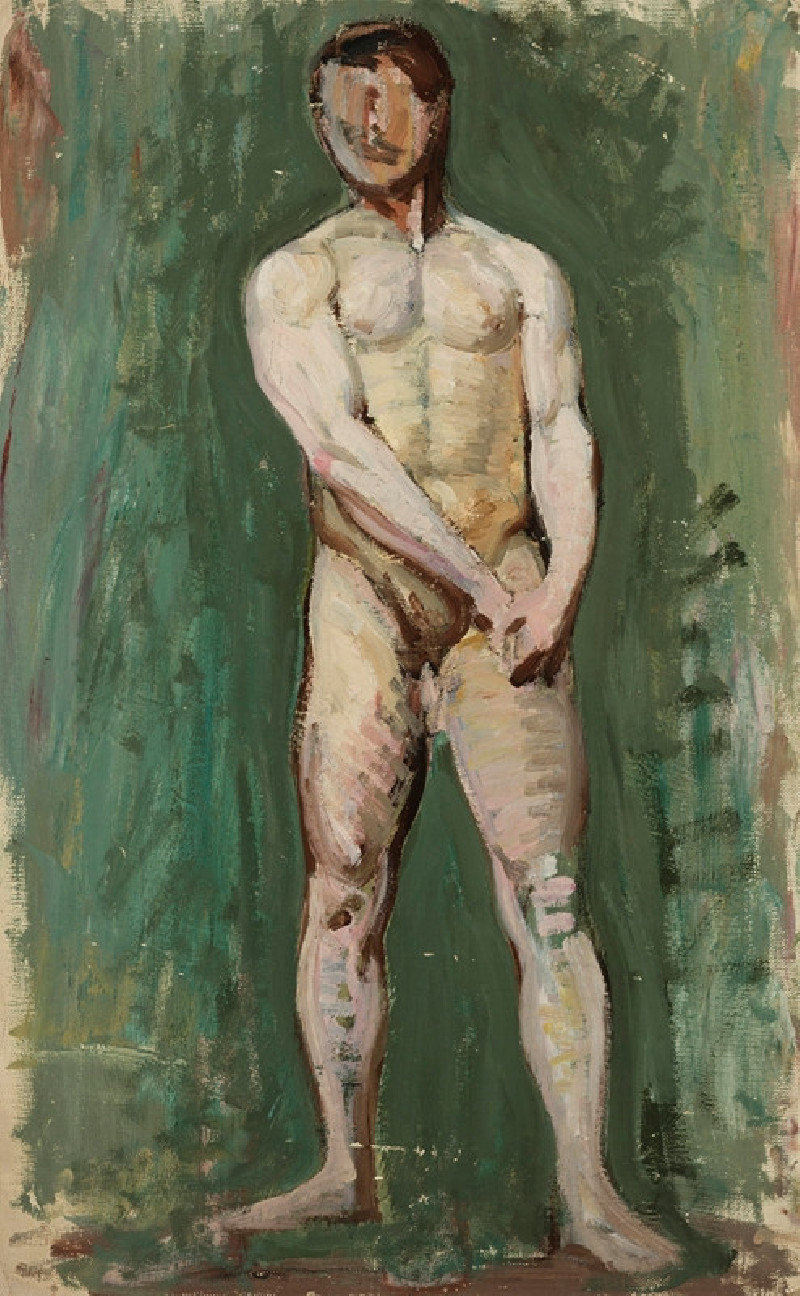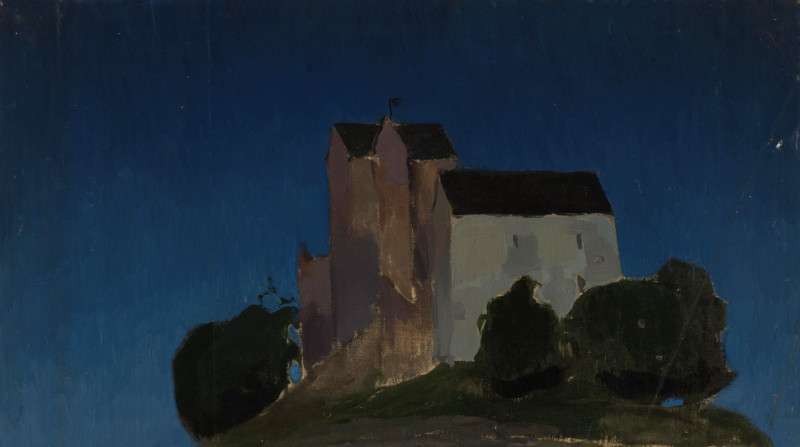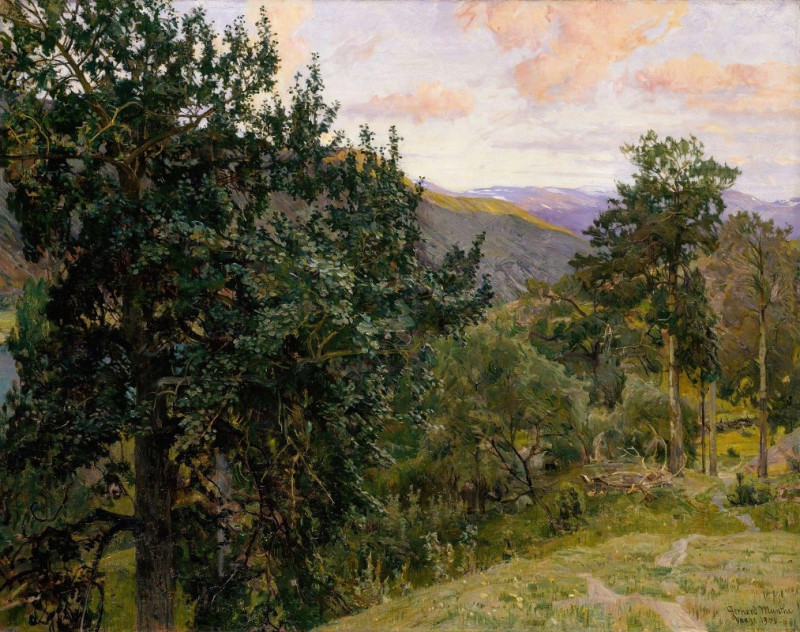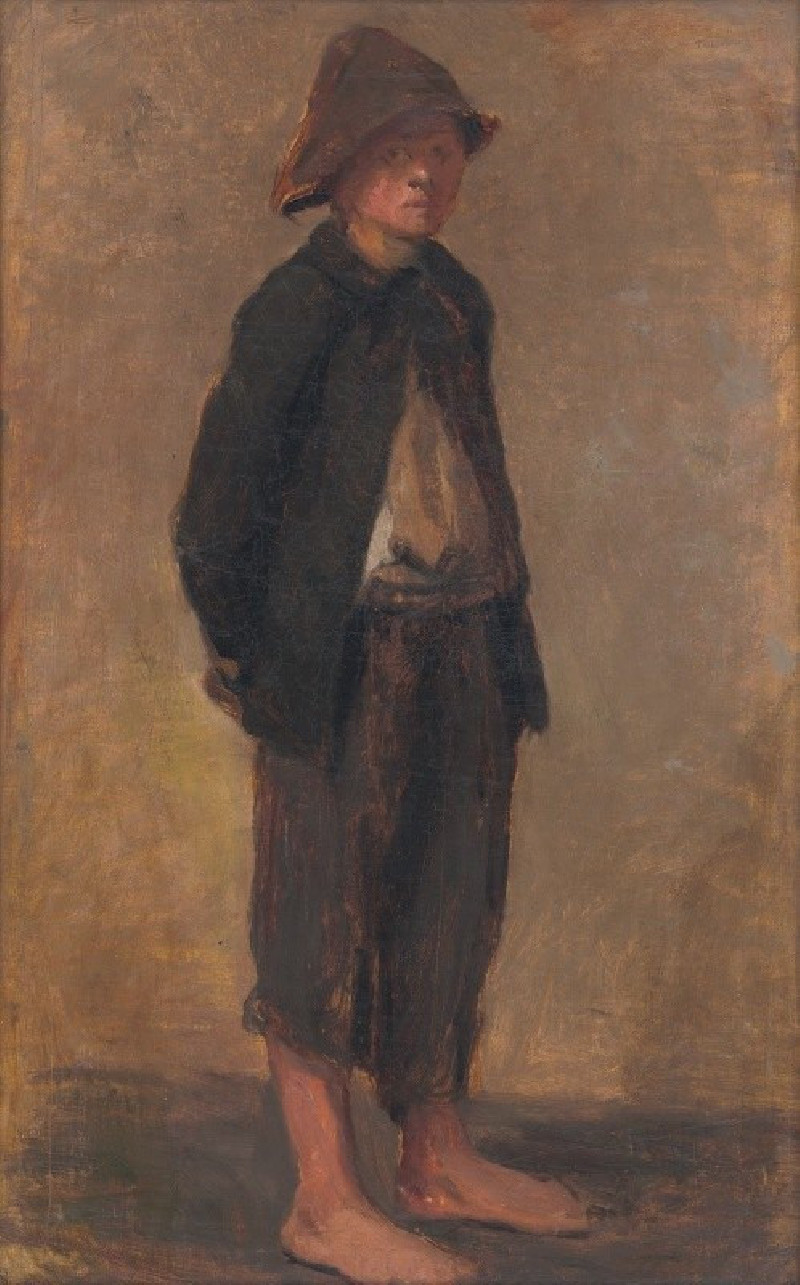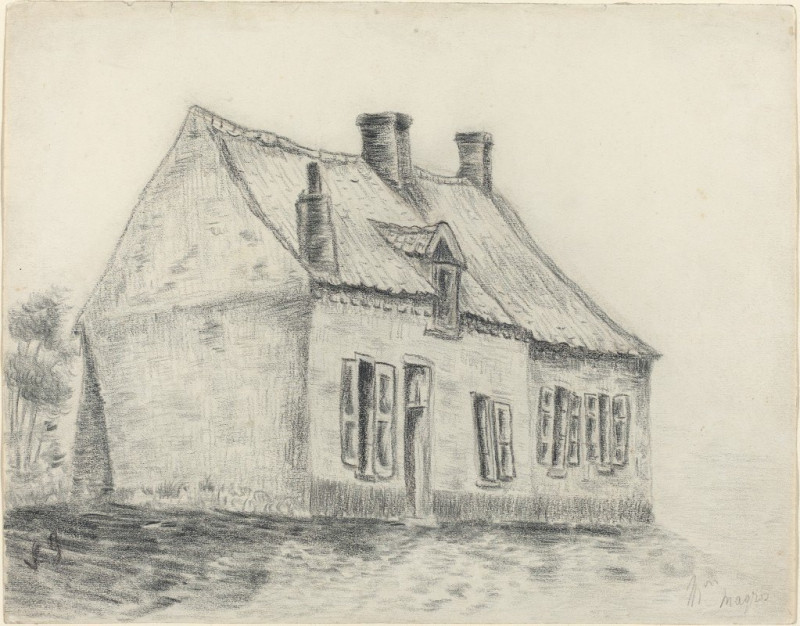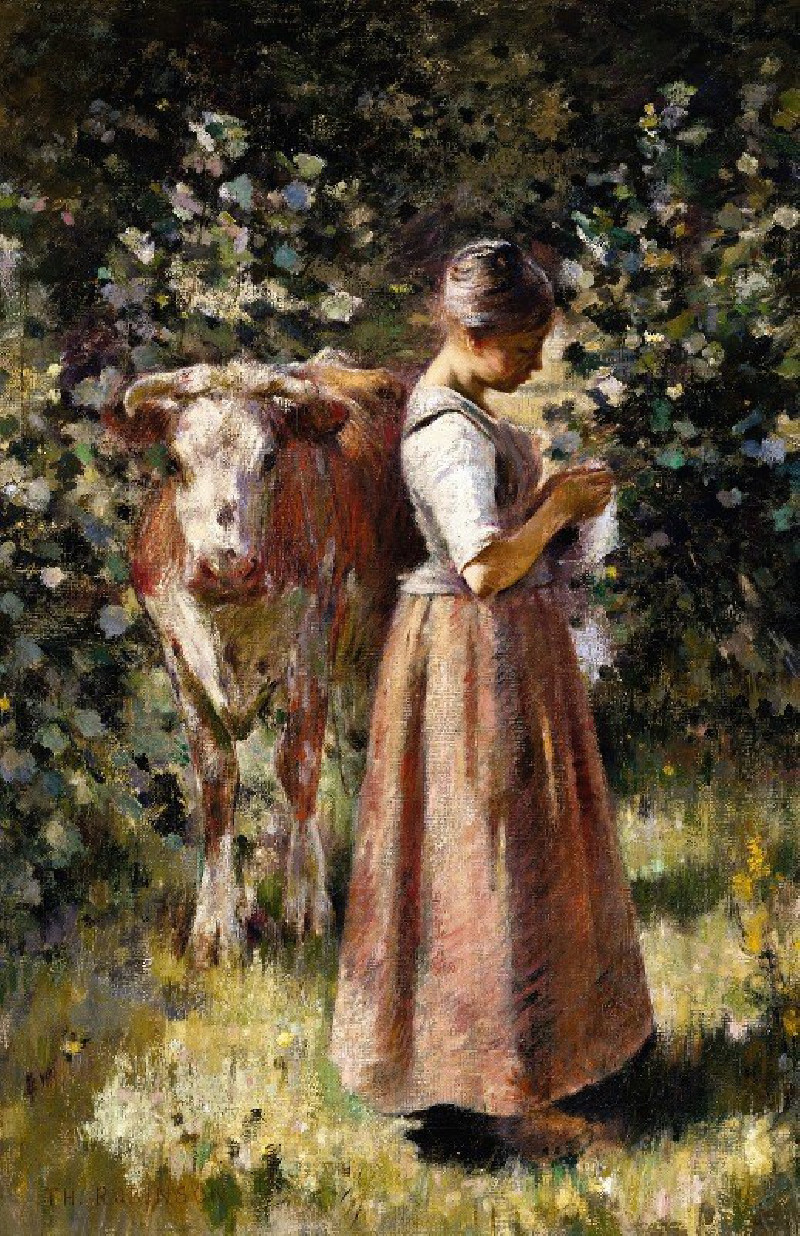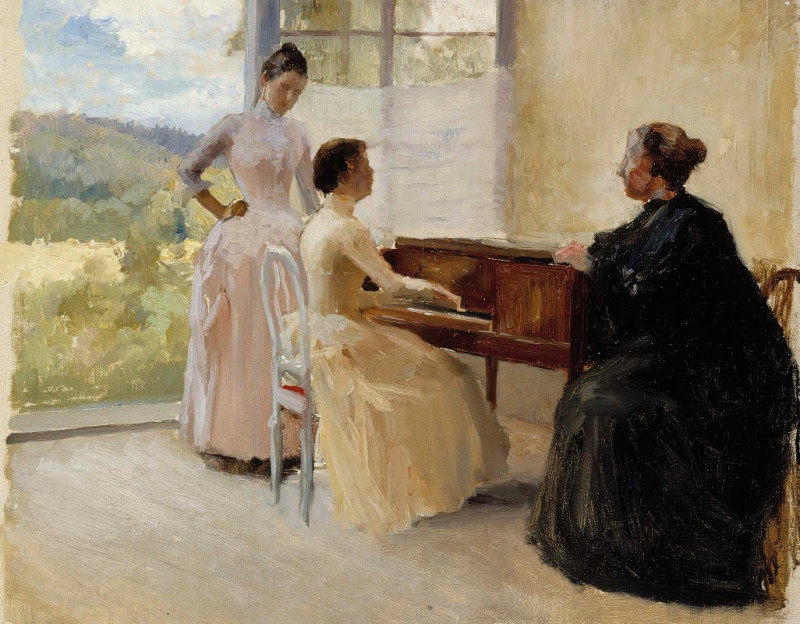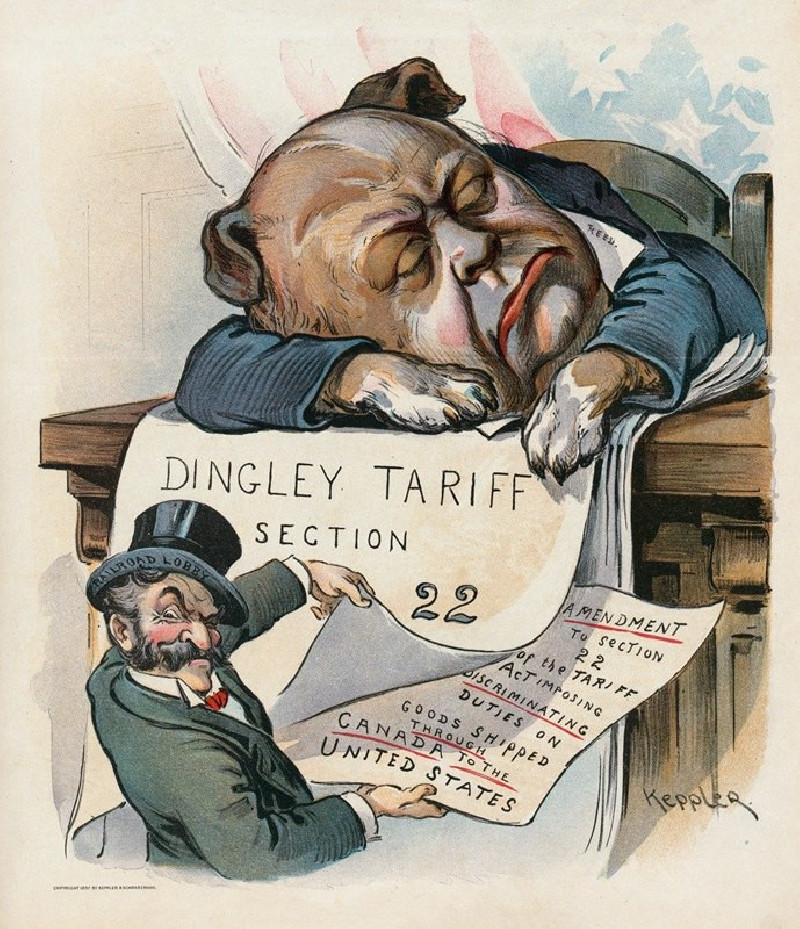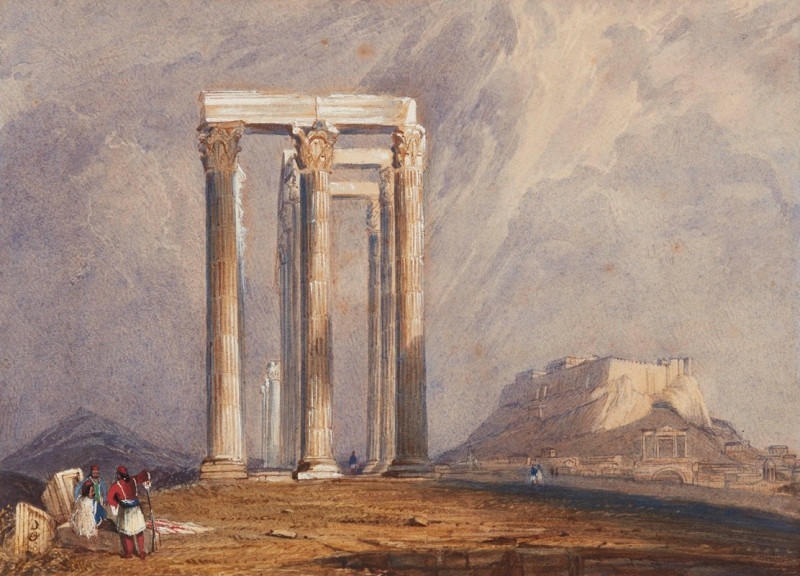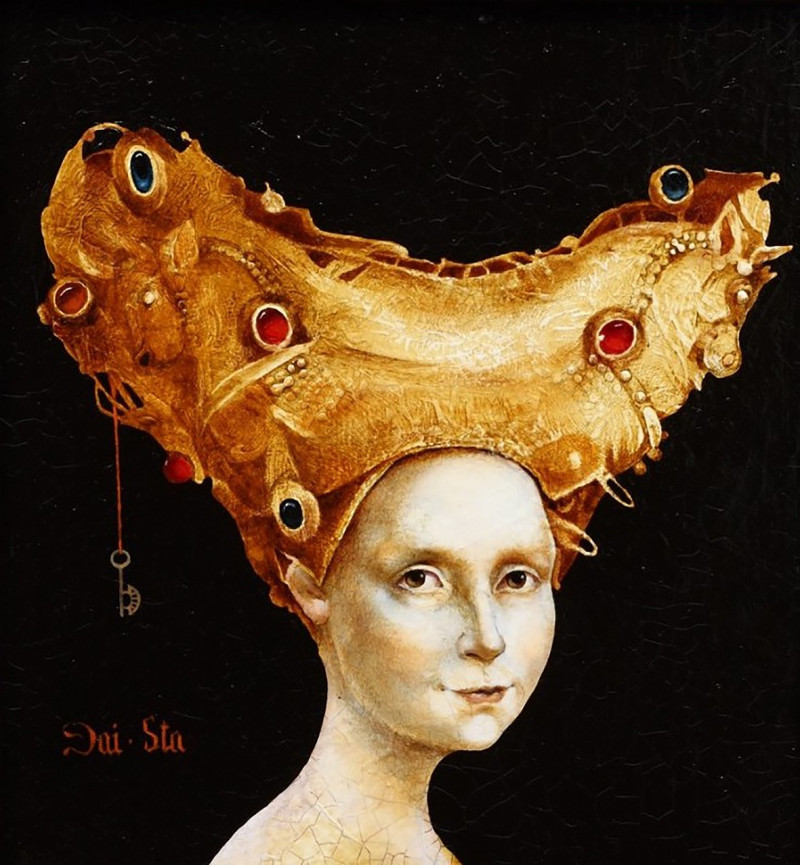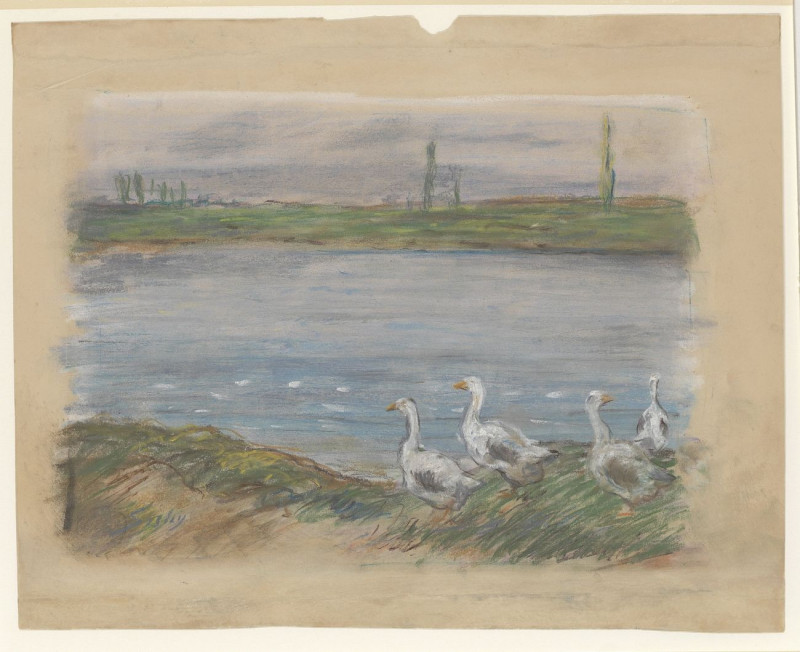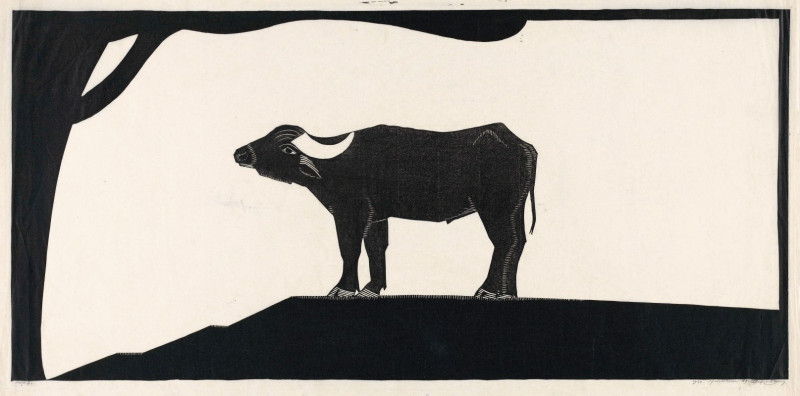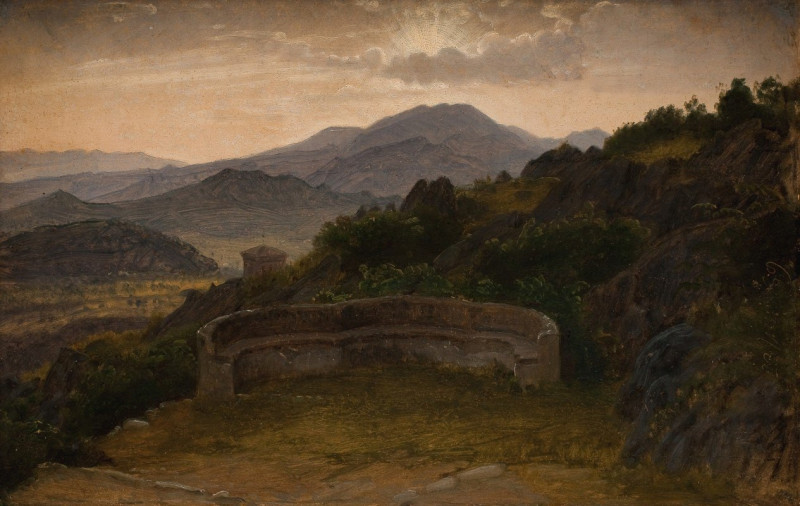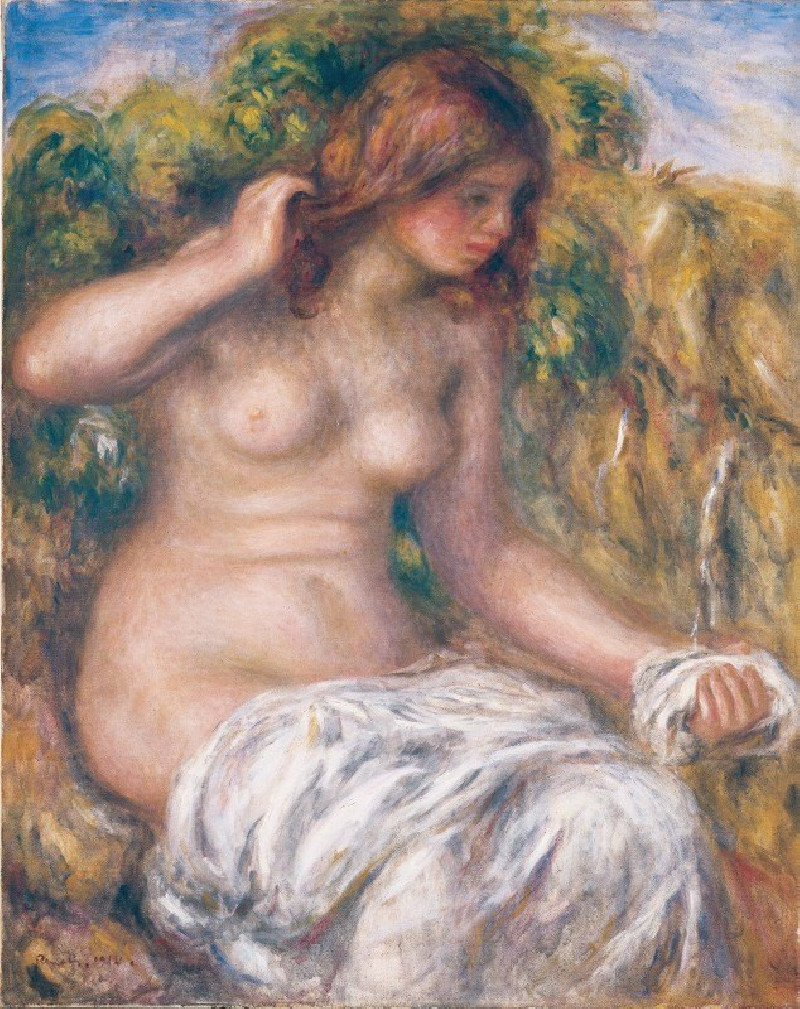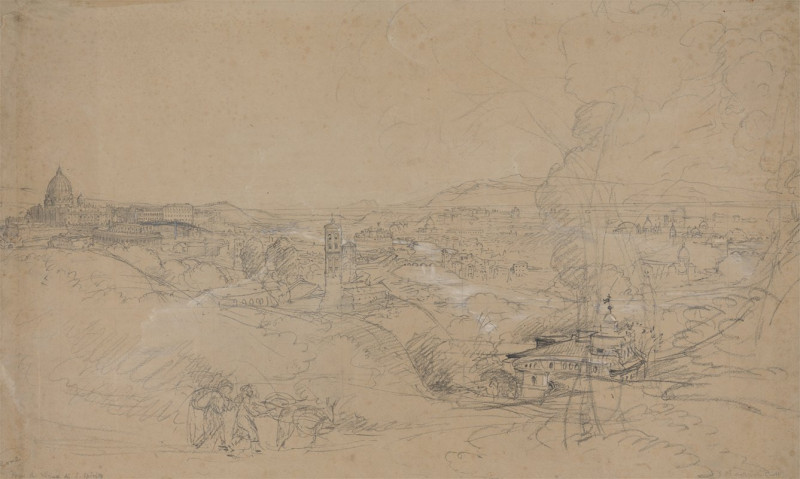Mehe portree (between 1913 and 1920)
More about this artwork
Delivery
Reproductions are made to order and take 5 to 7 working days.
We send them out by courier and delivery takes another two working days.
If you need a reproduction sooner, please contact us - we can usually find a solution and produce it a little faster.
If you don't want to pay for postage, you can pick up your paintings at our galleries in Kaunas or Vilnius.
Returns
Yes, reproductions can be returned.
If you have any doubts more than 30 days after the date of purchase, please contact us - we will take the reproduction back for a refund or offer you a replacement!
We accept a maximum of two returns per customer - please note that we make reproductions to order, so please choose responsibly.
We do not refund shipping expenses.
Nikolai Voldemar Triik was an Estonian Modernist painter, graphic artist, printmaker and professor. His work displays elements of Symbolism and Expressionism.
He came from a middle-class family. After graduating from the public schools in 1901, he enrolled at the Saint Petersburg Art and Industry Academy, but was expelled for participating in a student strike during the 1905 Revolution.


